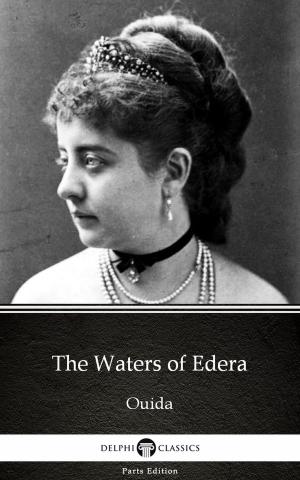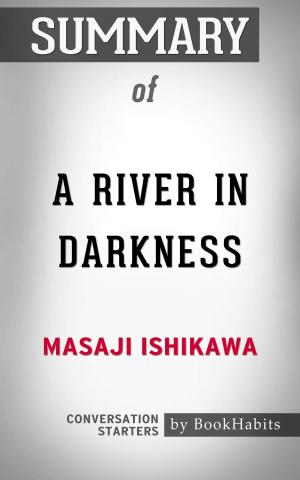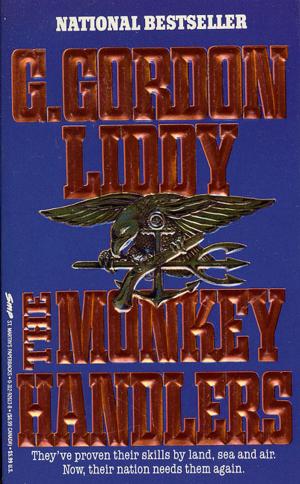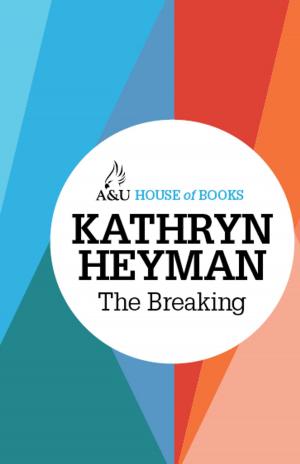| Author: | Gail Morgan | ISBN: | 9780994411136 |
| Publisher: | Gail Morgan | Publication: | August 10, 2015 |
| Imprint: | Gail Morgan | Language: | English |
| Author: | Gail Morgan |
| ISBN: | 9780994411136 |
| Publisher: | Gail Morgan |
| Publication: | August 10, 2015 |
| Imprint: | Gail Morgan |
| Language: | English |
The story of King David is more than a battle between a shepherd from the obscure tribe of Benjamin and the giant from the great coastal city of Gath. It chronicles the consequences of easy and unexpected victory, how family divisions and wars follow in the wake of historical upsets and play themselves out in surprising, bloodthirsty and harrowing ways. This archetypal narrative of the small boy, who with one lucky stone,fells his enemy against impossible odds, forms the basis of our Judeo-Christian ethic. Might is no longer right, those who lack self importance will inherit the earth. David can't believe how easy it is to become a hero, until his family, King Saul, and a mass of troublesome tribes attempt to cut him down to size. Not surprisingly, he learns more about the nature of things, his one God, himself, from adversity. One irony which is key to this iconic story is that David could not have achieved what he did in Jerusalem and beyond without help from the Palestinians (the Philistines). In effect David was a Palestinian sympathiser. According to the Biblical account, after fighting against the Philistines and Goliath, he later fought for them as a mercenary. He was so successful on their behalf he was awarded his own independent kingdom. Without Palestinian support David would not have been able to make further territorial conquests. His own tribe of Benjamin did little but undermine him.
This imaginative interpretation of the Biblical narrative attempts to use the archeological evidence we have to recreate life as it was lived 1000 BCE. It is not a simple story of Zionist supremacy, but a multi layered epic, a journey into the human heart.
The story of King David is more than a battle between a shepherd from the obscure tribe of Benjamin and the giant from the great coastal city of Gath. It chronicles the consequences of easy and unexpected victory, how family divisions and wars follow in the wake of historical upsets and play themselves out in surprising, bloodthirsty and harrowing ways. This archetypal narrative of the small boy, who with one lucky stone,fells his enemy against impossible odds, forms the basis of our Judeo-Christian ethic. Might is no longer right, those who lack self importance will inherit the earth. David can't believe how easy it is to become a hero, until his family, King Saul, and a mass of troublesome tribes attempt to cut him down to size. Not surprisingly, he learns more about the nature of things, his one God, himself, from adversity. One irony which is key to this iconic story is that David could not have achieved what he did in Jerusalem and beyond without help from the Palestinians (the Philistines). In effect David was a Palestinian sympathiser. According to the Biblical account, after fighting against the Philistines and Goliath, he later fought for them as a mercenary. He was so successful on their behalf he was awarded his own independent kingdom. Without Palestinian support David would not have been able to make further territorial conquests. His own tribe of Benjamin did little but undermine him.
This imaginative interpretation of the Biblical narrative attempts to use the archeological evidence we have to recreate life as it was lived 1000 BCE. It is not a simple story of Zionist supremacy, but a multi layered epic, a journey into the human heart.















